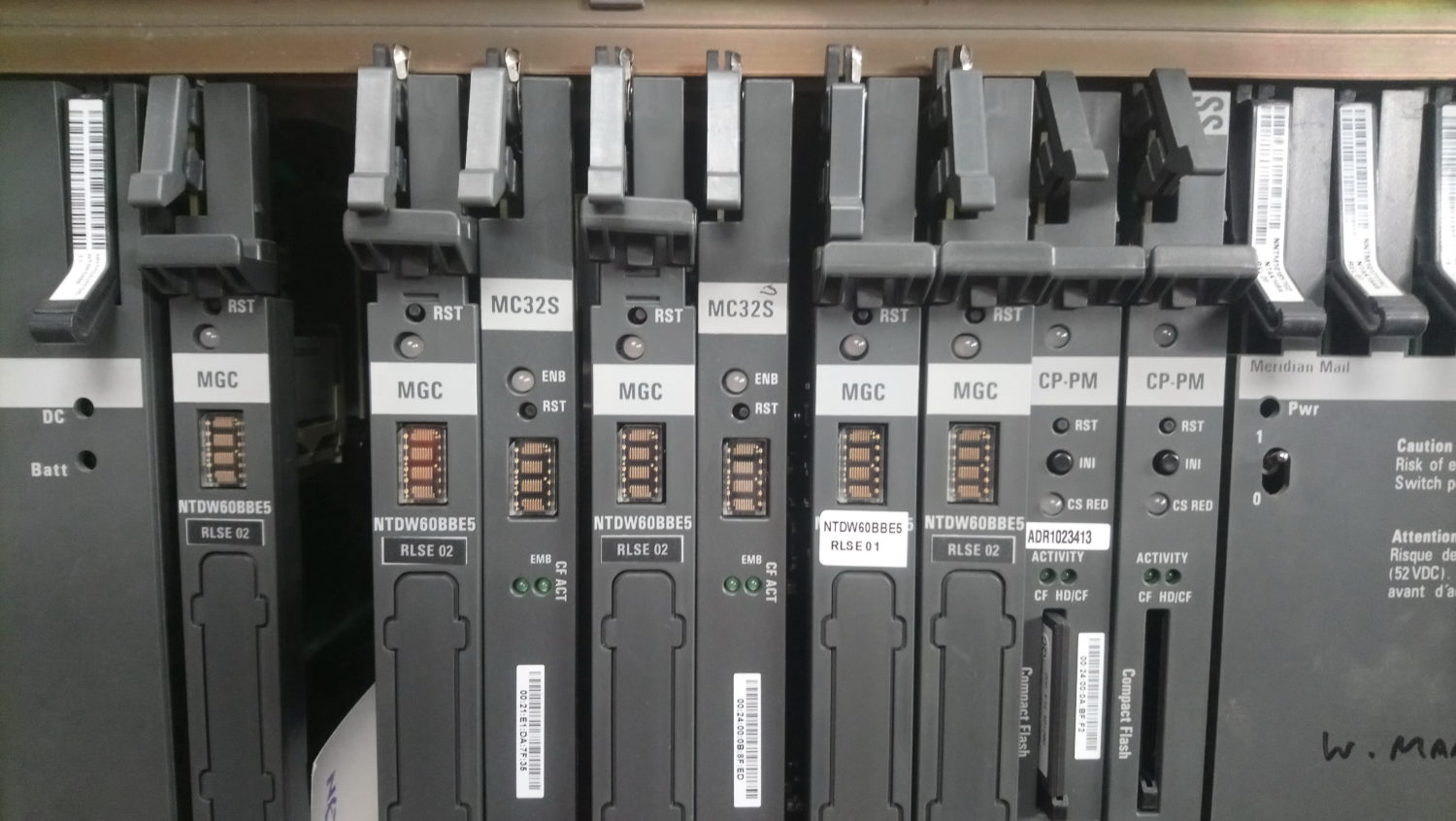We are independent telephone engineers based in The North East of England. The whole issue of phone system maintenance is one we thought useful to blog on. Why?
The Story So Far
In an earlier blog we looked at a painful scenario. A customer had saved on annual payments by not renewing their telephone system maintenance. Subsequently, they lost any saving made via a series of expensive failures. Should they have paid for contract maintenance. Alternatively, do they dispense with cover and simply address faults as they arise?
What Do We Suggest?
Quite frankly, it’s up to the individual company to take the risk. There are advantages and disadvantages of each approach. We have no “sales agenda”, by the way, although we do carry out non-contract repairs.
No Maintenance Contract (“Fix it when it breaks”) – The Benefits
Well, it either works well, or it doesn’t. Your company may save several years’ maintenance fees. The savings may not even be lost if you have to buy in an engineer to resolve something minor occasionally. Modern systems are very reliable, stable, and proven.
An independent engineer can back up it’s data. You then have a “emergency rapid response ” to faults. Being prepared, you won’t have to find an engineer at a time when your system may be down and loss of service having a severe impact on your business. Also, if your system allows remote access, the engineer need not visit to diagnose and make changes.
A further benefit that, the older the system, the more likely it will be to find used components at a discounted price.
The “Non-Benefits”.
Contract maintenance puts the onus on the maintainer to keep a stock of spares. Whatever they use to fix the system should be covered by the maintenance contract. You don’t have to worry about costly components. Conversely, without the contract, you will have to cover the cost of the engineer to diagnose and repair (often two visits), plus the cost of replacement faulty items.
Response time. Contract maintenance is established with a set agreed response time. For example, this may be “four hours initial response” and “eight hours on-site response”. This is, as you would expect, “contractual” , this has to be observed by the maintenance provider. In contrast, a “per fault” basis is dependent on an engineer’s availability, and a site visit may be delayed by several days. It could, however, also be possible within hours.
Contracted Maintenance. What’s Good?
Once the contract is signed, it’s up to the maintainer to keep the system alive within contracted agreed terms. You won’t need to worry if your usual independent engineer is on holiday, or simply isn’t in the mood to attend your site! They are responsible for getting your system back to life within the agreed time. They will keep back-ups of your set-up, and take regular “snapshots” of it to keep up to date. Pay the premium, then let them do the worrying…
However, beware of unethical practices hidden in “small print”. If they advertise a set response time, what is the definition of “response”? A phone call,email, text, or an actual visit? Running a maintenance operation is a challenging business, the maintainer needing to have sufficient resources to respond to the most unusual challenges. Less than trustworthy firms will try and wriggle out of responsibilities, yet still want to take a high premium. Assured annual revenue for them and no need to try too hard. A “money tree”. Furthermore, look out for long-term contracts. No contract should be longer than twelve months. If I sound slightly cautious’ it’s because there are those in this industry who seek revenue more than reputation. Beware of bandits bearing contracts.
We are utterly impartial in the who issue of phone system maintenance. It’s down to the individual company to make their choice. However, hopefully you have benefited from our realistic approach. Meanwhile,if you do have a system problem, it’s worth giving us a call. (If you don’t have a contract, that is…)

